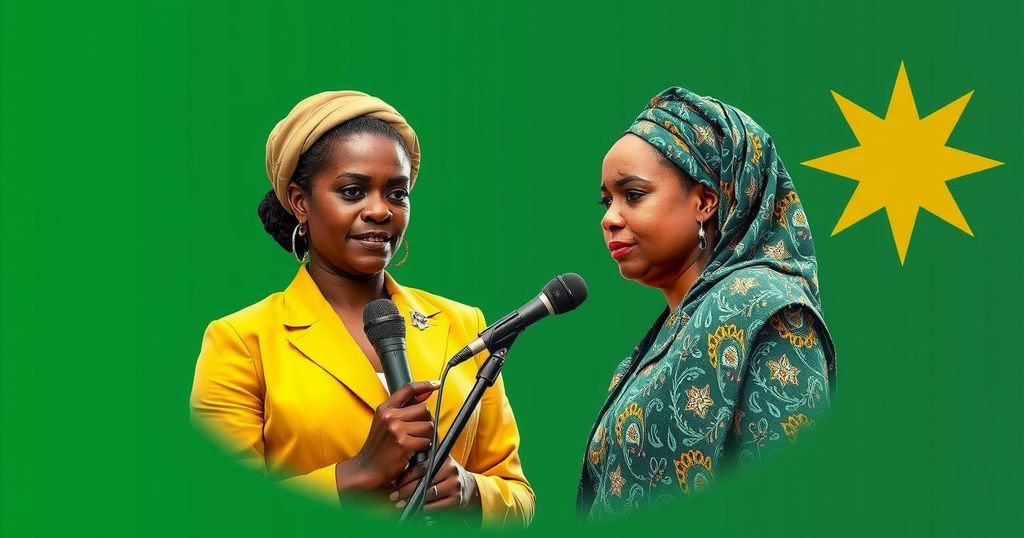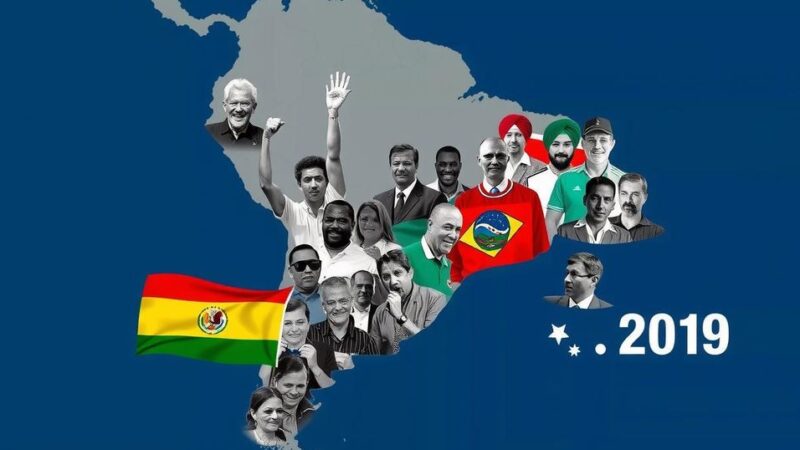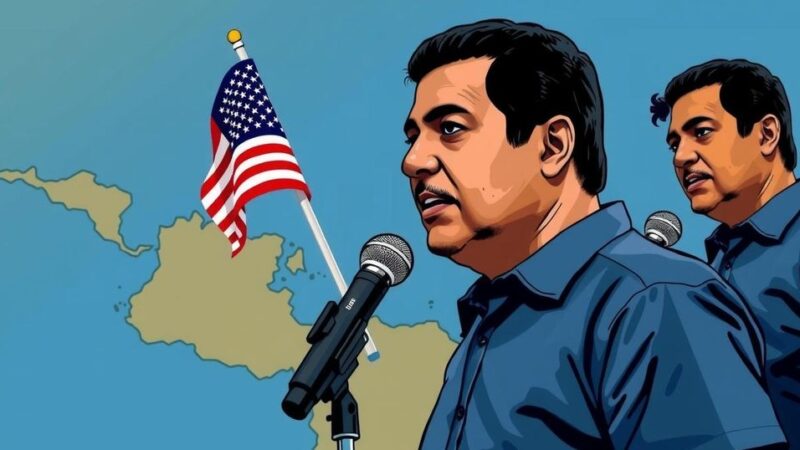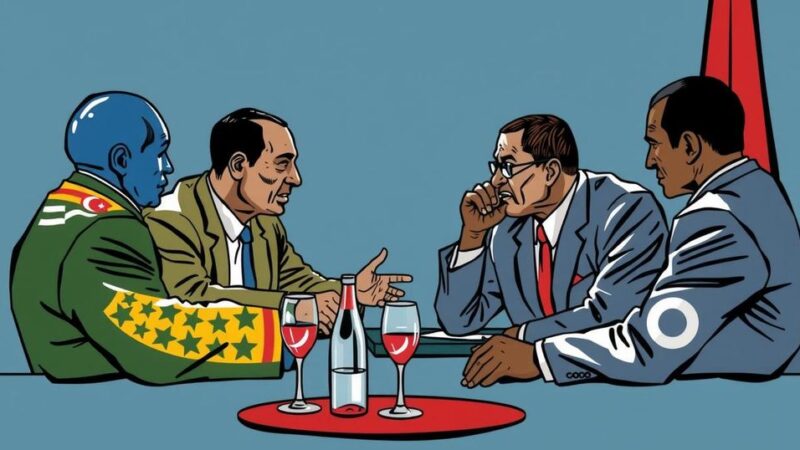Namibia votes in a presidential election with vice president Netumbo Nandi-Ndaitwah as a leading candidate, potentially becoming the first female leader. The election highlights rising frustrations over economic hardships, particularly among the youth. Over 1.4 million people are registered to vote, reflecting a significant moment in the country’s democratic journey amid regional political changes.
Namibia is currently conducting a presidential election, with Vice President Netumbo Nandi-Ndaitwah emerging as a prominent candidate to potentially become the country’s first female leader. Her candidacy is significant as she represents the ruling SWAPO party, which has governed Namibia since independence in 1990. As registered voters queue to cast their ballots on November 27, 2024, the election comes amid increasing disenchantment among citizens regarding high unemployment rates and economic struggles, particularly affecting the youth. Nandi-Ndaitwah aims to address these pressing issues with an ambitious plan to create over 500,000 jobs within five years, although the feasibility of her proposals has been met with skepticism. This election is critical, not only for its implications on gender representation in leadership but also for the broader instability witnessed in the region’s political landscape in light of recent electoral outcomes in neighboring countries.
Namibia, having gained independence from apartheid South Africa in 1990, has been led by the SWAPO party for over 34 years. As the country prepares for its presidential election, there is a strong contender in Netumbo Nandi-Ndaitwah, who is not only the current vice president but also a veteran of Namibia’s independence struggle. This election comes at a time of increased political tension, with rising economic challenges influencing public sentiment towards the ruling party. Voter registration stands at approximately 1.4 million, which constitutes nearly half of Namibia’s population. Amid ongoing regional transitions in leadership, this election underscores the necessity for effective governance and economic revitalization.
The upcoming presidential election in Namibia is poised to be a pivotal moment in the nation’s history, particularly as it offers the potential for the first female president in the country’s leadership. With economic challenges and high unemployment rates impacting the electorate, Netumbo Nandi-Ndaitwah’s campaign promises of job creation are critical yet face scrutiny. As voting day approaches, the decisions made by the voters will not only determine the leadership of Namibia but may also reflect larger trends in political shifts experienced throughout the southern African region.
Original Source: apnews.com






